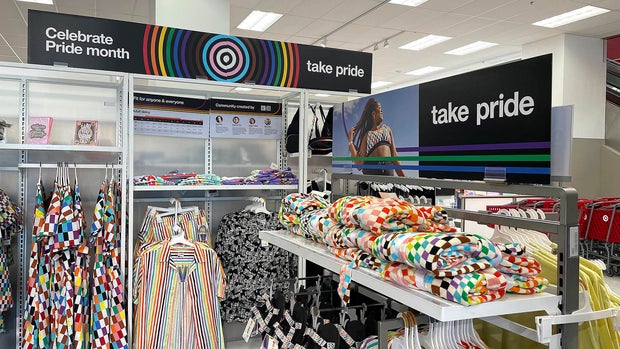
In recent years, the corporate world has increasingly embraced Pride Month by publicly supporting the LGBTQ+ community through rainbow-themed marketing campaigns and donations. However, in 2024, some companies have scaled back their support due to conservative backlash against DEI programs and anti-LGBTQ+ consumer boycotts. This trend raises questions about the sincerity of corporate Pride Month efforts and the impact of political animosity on diversity initiatives.
The term 'rainbow washing' was coined in the late 1980s as a form of hypocrisy where companies claim support for various social causes while engaging in poor behavior. Pinkwashing, a related concept, refers to insincere advocacy for LGBTQ+ rights (CBS News).
Professor Cait Lamberton from the Wharton School explains that those who grew up in decades where the LGBTQ+ community's needs were met with indifference or intolerance instinctively appreciate rainbow logos. However, following societal norms doesn't necessarily indicate sincere commitment (Forbes).
Johanna Frönsén from Aalto University School of Business points out that rainbow washing may contribute to the carnivalization of the LGBTQ+ community, distancing them from their struggles and serious issues (Forbes).
Despite these concerns, some companies continue to publicly support Pride Month. For instance, Tractor Supply Company ended all spending tied to diversity and environmental causes but still donated $100,000 to the Trevor Project in 2024 (CNBC).
Gravity Research reported that fewer companies publicly supported LGBTQ+ causes and made rainbow-themed merchandise during Pride Month 2024 compared to the previous year. This trend may be due to conservative backlash against DEI programs and anti-LGBTQ+ consumer boycotts (CNBC).
The future of corporate Pride Month efforts remains uncertain as political debates over LGBTQ+ rights, transgender rights, and legislative trends continue to shape the business landscape.




